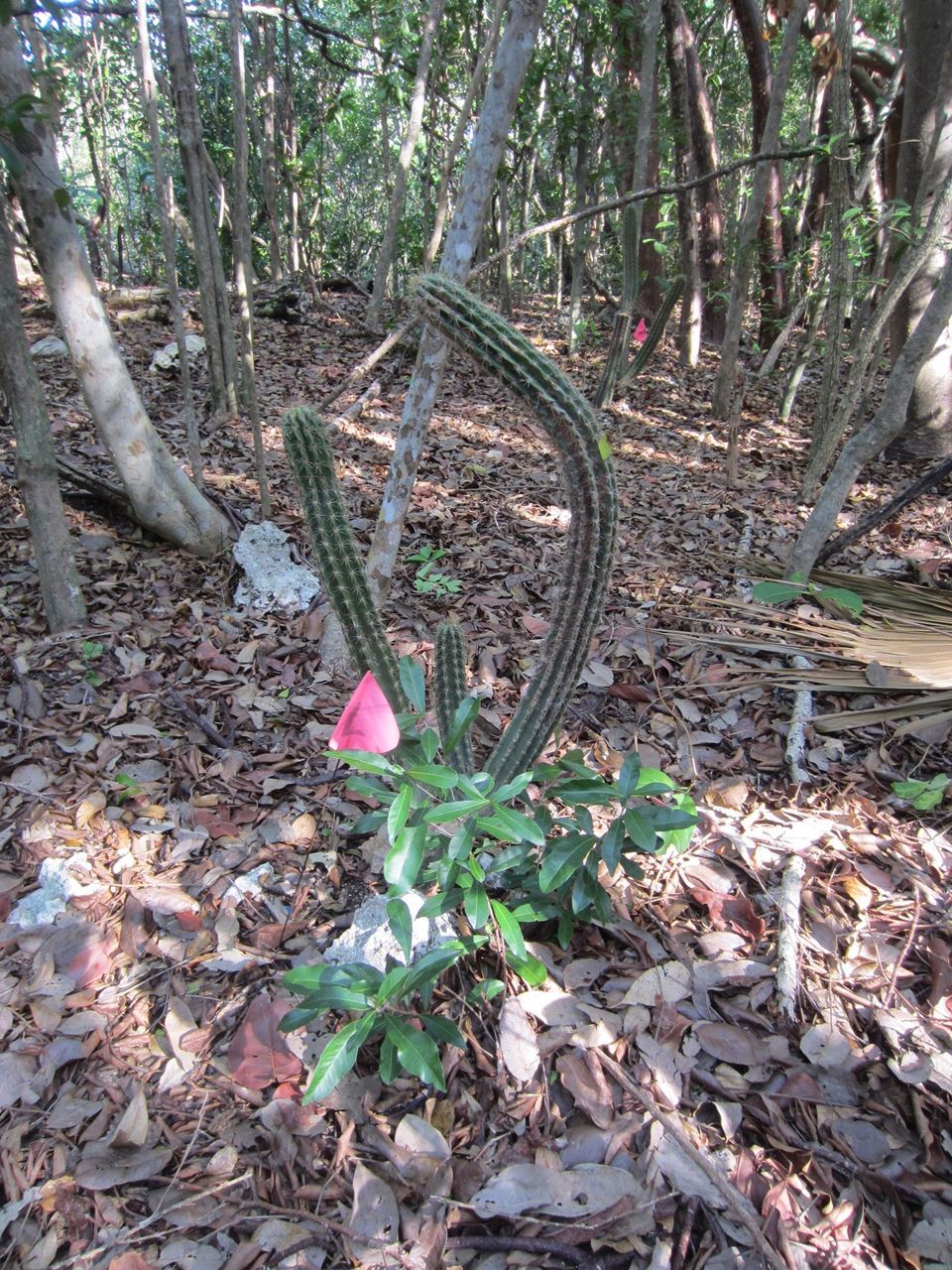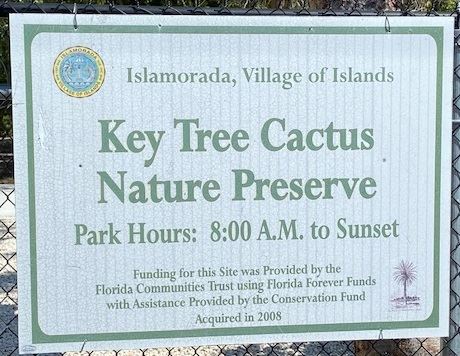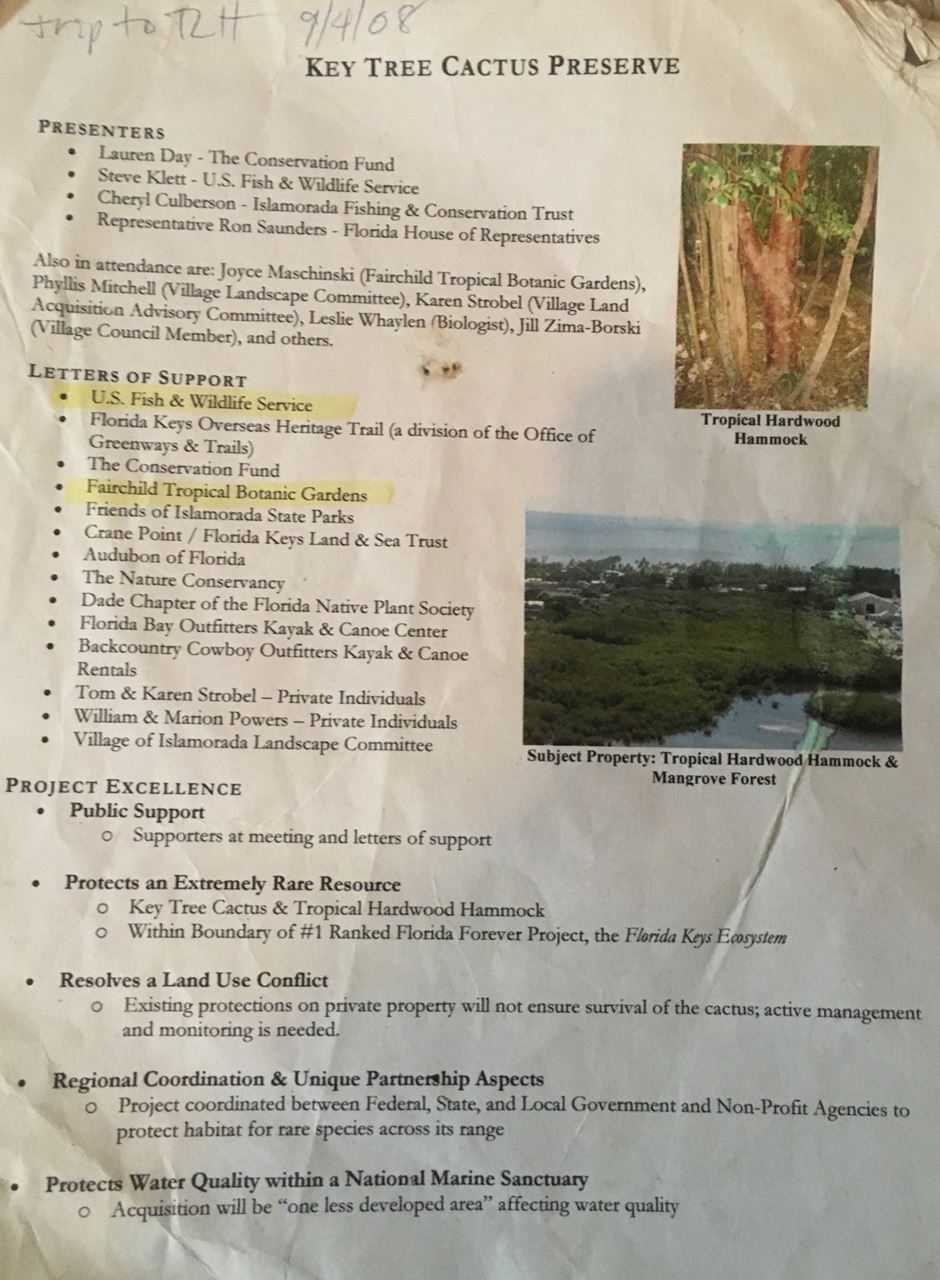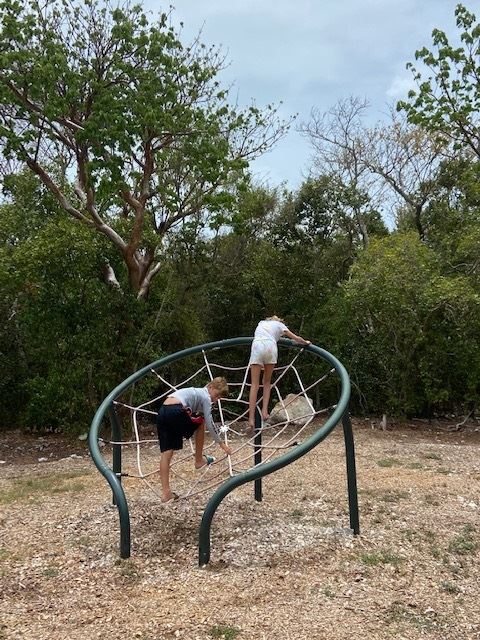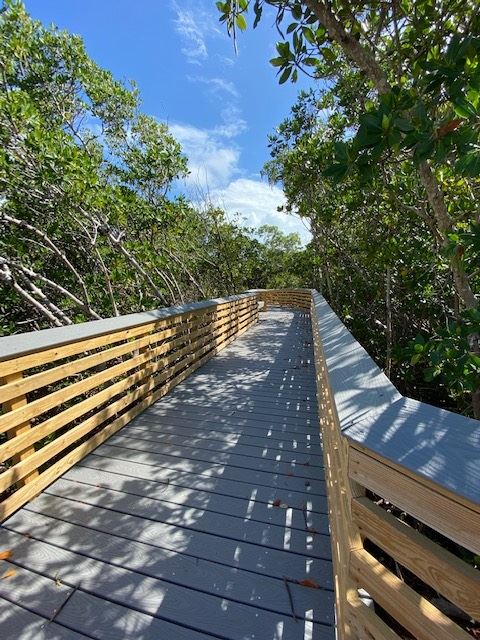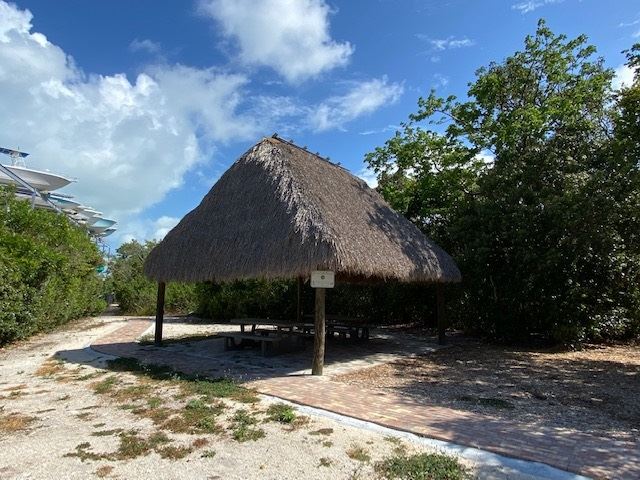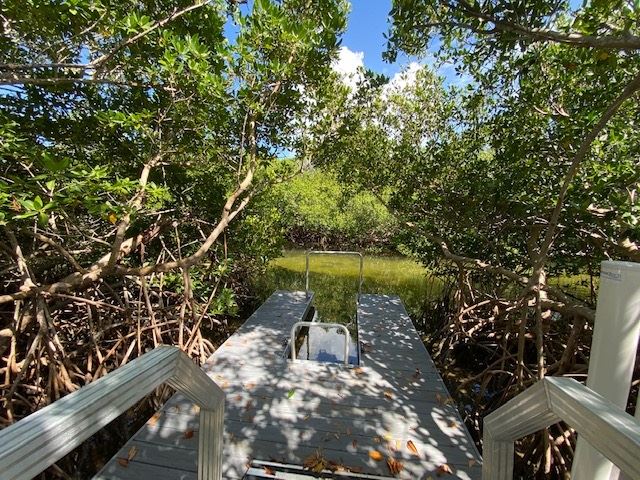|
KEY TREE CACTUS PRESERVE
(Above) A contingent of preservationists traveled to Tallahassee Sept. 4, 2008 to speak before the allocations committee to ensure funding for the Key Tree Cactus Preserve. | Have you been to the Key Tree Cactus Preserve yet? The endangered Key Tree Cactus population at the preserve is one of only eight such populations in the world -- IN THE WORLD -- which prompted the volunteer citizen Land Acquisition Advisory Committee in 2007 to recommend its acquisition to the Islamorada Village Council. In 2008-2009, with Florida Forever grant assistance received from the Florida Communities Trust, Islamorada partnered with The Conservation Fund to purchase approximately 9 acres of uplands and mangrove wetlands with frontage along the Florida Bay on the lower end of Upper Matecumbe Key, now known as the Key Tree Cactus Preserve. In 2016, the first phase of improvements were completed at the preserve and included a small parking area, picnic pavilion, benches and playground climbing equipment. The village just completed the second phase of development, which includes an enlarged parking area, mulched walking trails, elevated boardwalk through the mangroves, paver path and a kayak landing. In March 2021, the Council approved final developments at Key Cactus Preserve. The final phase of site developments will include a restroom, informational kiosks and new driveway access onto U.S. 1. Why the name Key Tree Cactus Preserve? The Key Tree Cactus is vulnerable to extinction with only a few areas of the Florida Keys with habitat suitable for the cactus, this preserve being one. This location on Upper Matecumbe is suitable and therefore important to preserve. An objective of this land purchase and management is to protect the Key tree cactus habitat in the Keys and restore potential habitat. Miami’s Fairchild Gardens wants to help. In 1984, the Center for Plant Conservation (CPC) was formed to save the diverse array of native plants within the United States. As a founding member of the CPC, Fairchild Gardens pledged to safeguard the rarest native plant species of South Florida. One of those species is the Key Tree Cactus. Fairchild has been doing significant research relating to seeds and plant reintroductions and researching the relationships between native South Florida plants and their ecosystems. The Key tree cactus has been of special interest to them. Click here to read more about their efforts with the seed conservation of Keys Tree Cactus. Here are two council agenda items from August 9, 2018 in which Islamorada Environmental Resources Manager Peter Frezza implements the Key Tree Cactus Preserve's management plan with the addition of various features. 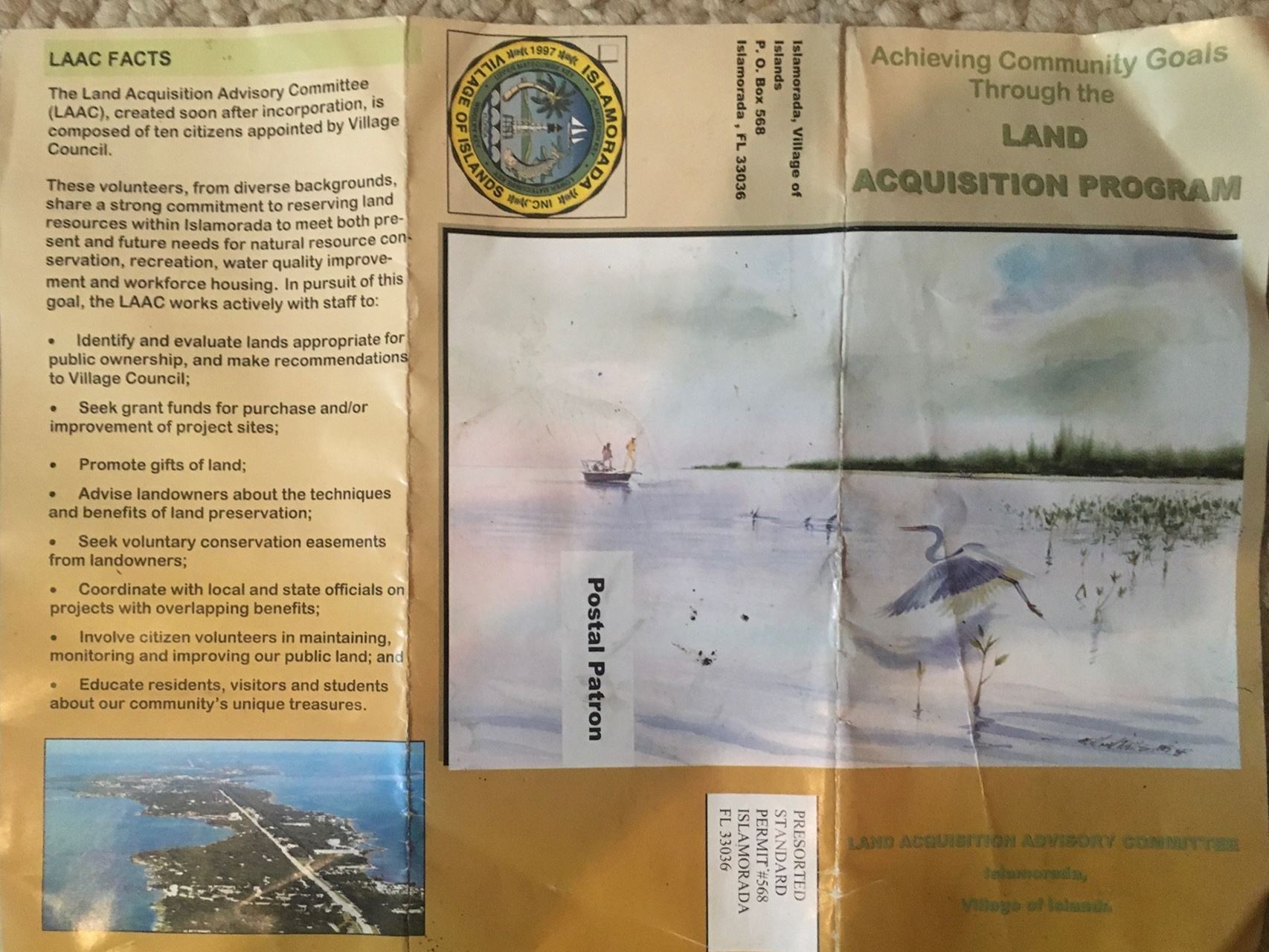 |
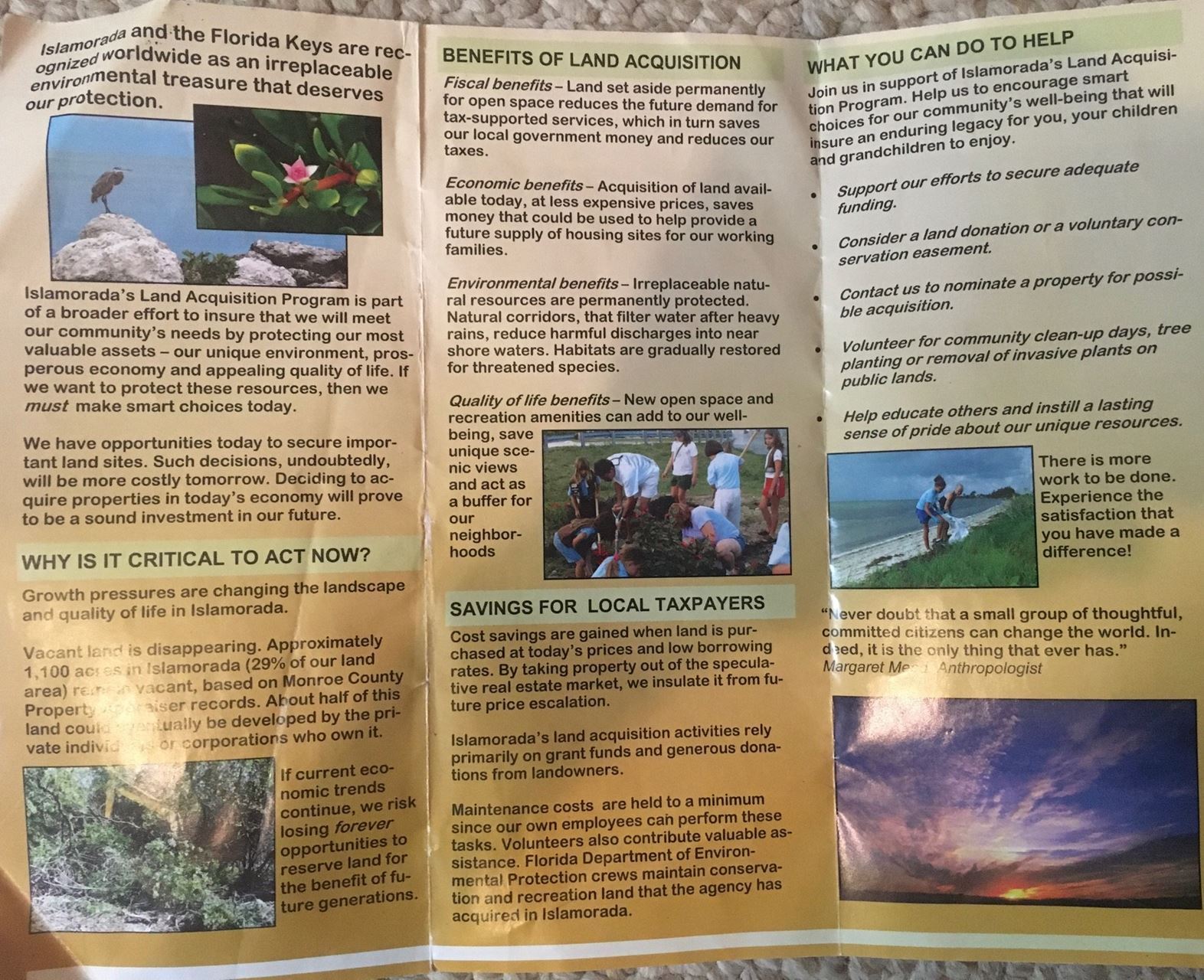 |
| 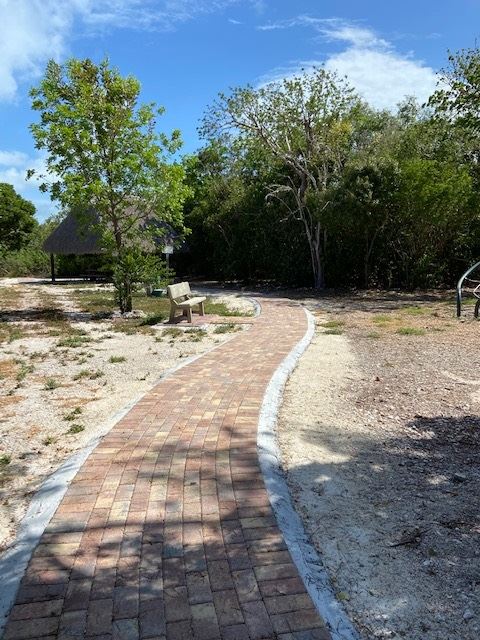 |
|
|


